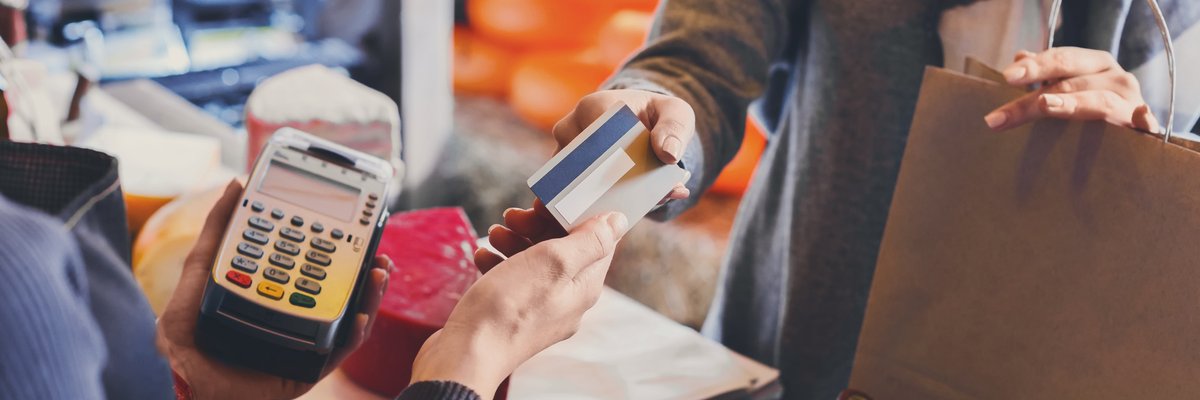Your Debit Card Isn't as Safe as You Think. Here's Why

Image source: Getty Images
Most people swipe their debit card without thinking about risk. It runs through your checking account, it feels secure, and the money moves fast. But "fast" isn't the same as "safe," and a lot of people learn that the hard way.
Debit cards don't work like credit cards behind the scenes. The protections are different, the timelines are slower, and the stakes are higher because the money comes straight out of your account.
Your money leaves your account immediately
When someone uses your debit card fraudulently, the money is gone right away. It doesn't sit in a pending state like a credit card charge. It's pulled directly from your checking balance.
That can create real problems. Missing funds can cause overdrafts, rejected bills, and interrupted automatic payments. Even if the bank ultimately returns the money, it still puts pressure on your finances in the meantime.
Credit cards act as a buffer. Fraud hits the issuer, not your wallet, which gives you room to breathe while the bank sorts things out. If you want a safer buffer between fraud and your checking balance, here are some of the best credit cards to take a look at.
Refund timelines can be slow
Federal law gives banks up to 10 business days to investigate most debit card fraud claims. Banks can extend that to 45 days if they issue a provisional credit.
In practice, that means you might wait days or even weeks to get your money back. Some banks move fast. Others do not. And if rent or a car payment is due during that window, the timing can get tight.
That delay is one of the biggest reasons financial planners prefer credit cards for everyday purchases. The stakes are lower if something goes wrong.
Your liability depends on how fast you notice
Debit card protections fall under the Electronic Fund Transfer Act. It puts strict deadlines on how long you have to report fraud.
If you catch the fraud within two business days of noticing the missing card or unauthorized charge, your maximum liability is $50.
Wait longer than that and the cap jumps to $500.
Wait more than 60 days after the statement and there's no cap at all. The bank doesn't have to refund the money if the fraud continues past that window.
Credit cards follow the Truth in Lending Act, which caps your liability at $50 total and most issuers waive it completely.
Skimmers and compromised terminals still happen
Most debit fraud starts with card skimmers hidden inside gas pumps, ATMs, or payment terminals. Criminals capture your card number and PIN, then drain the account quickly before the bank detects it.
Chip cards reduced skimming, but they didn't eliminate it. And debit cards get hit harder because thieves can access your actual cash, not a credit line.
Online fraud hits debit cards harder
If your debit card is stored online and someone gets access to your login, they can run charges instantly. And because the money pulls straight from your checking account, it doesn't take much to wipe out your balance.
Banks will almost always reimburse you, but the time gap still matters. A drained checking account can create cascading problems that wouldn't happen with a credit card.
When debit cards still make sense
Debit cards aren't all bad. They're useful for ATM access, withdrawing cash without fees, or managing spending if you prefer not to use credit. And many people feel more comfortable avoiding credit cards entirely.
But for online purchases, travel, gas stations, restaurants, delivery apps, or anywhere your card information could get skimmed or hacked, a credit card gives you far stronger protections.
Use a credit card for most daily spending, then pay it off in full every month. It gives you the same discipline as a debit card but with better fraud protection, the potential to earn rewards, and no interest when your bill is repaid in full. Compare the best rewards credit cards available now.
Our Research Expert
Motley Fool Stock Disclosures
The Motley Fool has a disclosure policy.



